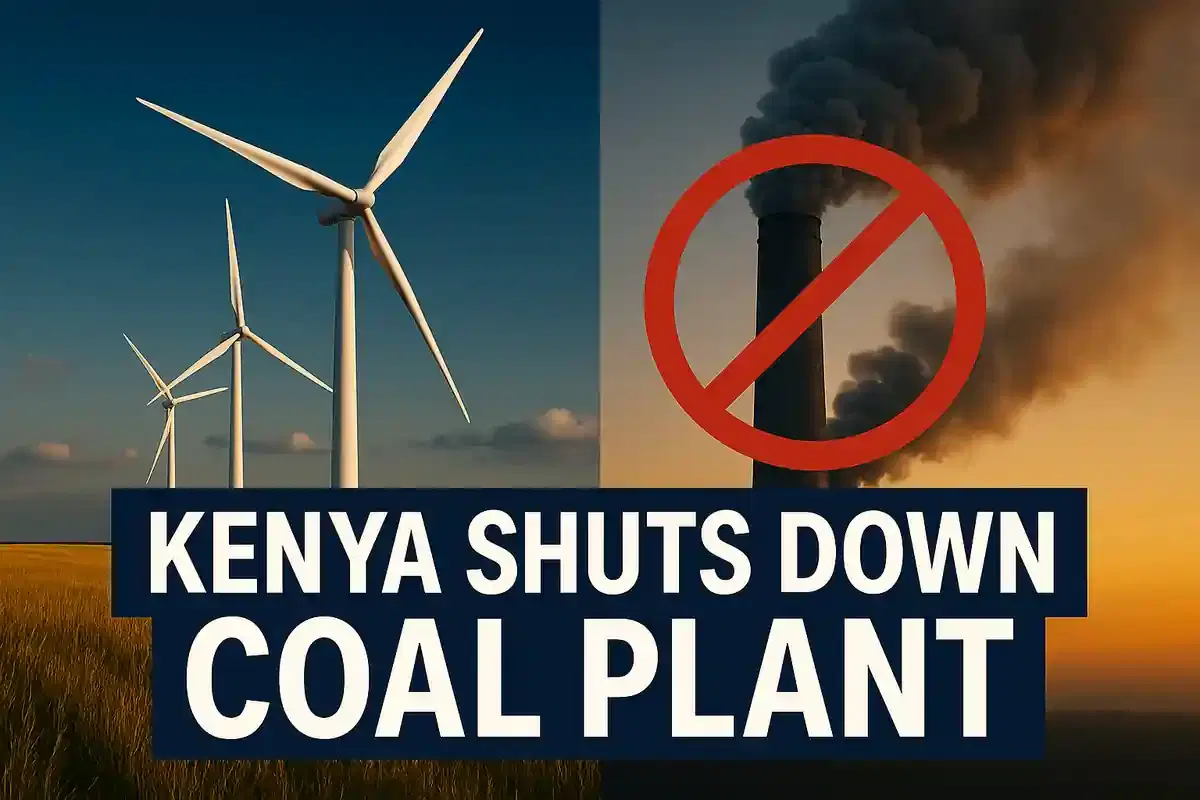Kenya's Court Upholds Coal Plant Ban, Citing Paris Agreement Commitments
World Affairs
|
29th October 2025, 12:13 PM

▶
Short Description :
Detailed Coverage :
The appellate court of Kenya’s Kilifi County has upheld a prior decision to cancel the construction permit for a proposed 1,050 MW coal-fired power plant in the Lamu archipelago. This landmark ruling strongly reaffirmed the obligatory nature of Kenya's Nationally Determined Contributions (NDCs) as outlined in the Paris Agreement of 2015. The court found that approving a carbon-intensive project without proper consideration of its environmental and climate implications constituted a gross violation of citizens' constitutional rights.
The Lamu coal plant project, initiated in 2013 by Amu Power and intended to be Kenya's first, faced significant environmental opposition. Concerns included its proximity to a UNESCO World Heritage Site, potential damage to marine ecosystems and livelihoods, and its substantial projected greenhouse gas emissions, which were expected to double the power sector's total emissions. Kenya, which has been a leader in geothermal energy and aims for 100% electrification by 2030 without coal or natural gas, has a legal framework, including the Climate Change Act 2016, supporting low-carbon development.
The court acknowledged that Kenya's international climate commitments under the UNFCCC are enforceable and recognized the need to mitigate greenhouse gas emissions. This judgment reinforces Kenya's image as a climate-progressive nation and sends a global signal about the enforceability of climate pledges and the necessity of decoupling energy access from carbon emissions.
Impact: This ruling reinforces the global trend of prioritizing climate commitments over fossil fuel projects, influencing investor confidence in renewable energy sectors and potentially deterring investment in new coal power plants in developing nations. It strengthens the legal standing of climate agreements and sets a precedent for environmental governance. Rating: 8/10.
Difficult Terms: Nationally Determined Contributions (NDCs): These are the climate action targets that countries set for themselves to meet the goals of the Paris Agreement, focusing on reducing greenhouse gas emissions and adapting to climate change. Paris Agreement: An international treaty adopted in 2015 to combat climate change, aiming to keep the global temperature rise well below 2 degrees Celsius compared to pre-industrial levels. Lamu archipelago: A group of islands located off the coast of Kenya in the Indian Ocean. UNESCO World Heritage Site: A landmark or area which is internationally recognized as having special cultural or physical significance and is protected by international conventions. Environmental Impact Assessment (EIA): A process used to predict the environmental consequences of a proposed project before it is implemented. UNFCCC: United Nations Framework Convention on Climate Change, an international treaty that sets out the basic requirements for all member countries to combat climate change. Greenhouse gas emissions: Gases in the Earth's atmosphere that trap heat, such as carbon dioxide (CO₂) and methane. Their increase is the primary cause of global warming. Business as Usual (BAU) scenario: A projection of future emissions or environmental conditions assuming that current trends and policies continue without significant changes. MtCO₂e: Metric tonnes of carbon dioxide equivalent. A unit used to measure greenhouse gas emissions, allowing different gases to be compared based on their global warming potential. Ultra-supercritical technology: An advanced technology for coal-fired power plants designed to operate at very high temperatures and pressures, increasing efficiency and reducing emissions compared to older technologies. Katiba Institute: A Kenyan public interest legal research and advocacy institute focused on constitutionalism and human rights. International Court of Justice (ICJ): The principal judicial organ of the United Nations, responsible for settling legal disputes between states.